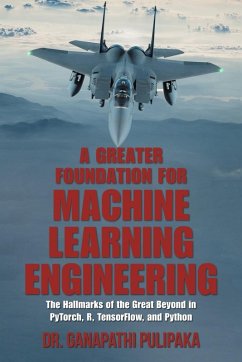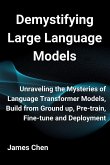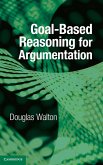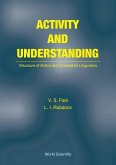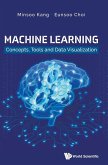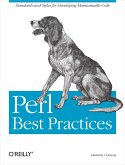This research scholarly illustrated book has more than 250 illustrations. The simple models of supervised machine learning with Gaussian Naïve Bayes, Naïve Bayes, decision trees, classification rule learners, linear regression, logistic regression, local polynomial regression, regression trees, model trees, K-nearest neighbors, and support vector machines lay a more excellent foundation for statistics. The author of the book Dr. Ganapathi Pulipaka, a top influencer of machine learning in the US, has created this as a reference book for universities. This book contains an incredible foundation for machine learning and engineering beyond a compact manual. The author goes to extraordinary lengths to make academic machine learning and deep learning literature comprehensible to create a new body of knowledge. The book aims at readership from university students, enterprises, data science beginners, machine learning and deep learning engineers at scale for high-performance computing environments. A Greater Foundation of Machine Learning Engineering covers a broad range of classical linear algebra and calculus with program implementations in PyTorch, TensorFlow, R, and Python with in-depth coverage. The author does not hesitate to go into math equations for each algorithm at length that usually many foundational machine learning books lack leveraging the JupyterLab environment. Newcomers can leverage the book from University or people from all walks of data science or software lives to the advanced practitioners of machine learning and deep learning. Though the book title suggests machine learning, there are several implementations of deep learning algorithms, including deep reinforcement learning. The book's mission is to help build a strong foundation for machine learning and deep learning engineers with all the algorithms, processors to train and deploy into production for enterprise-wide machine learning implementations. This book also introduces all the concepts of natural language processing required for machine learning algorithms in Python. The book covers Bayesian statistics without assuming high-level mathematics or statistics experience from the readers. It delivers the core concepts and implementations required with R code with open datasets. The book also covers unsupervised machine learning algorithms with association rules and k-means clustering, metal-learning algorithms, bagging, boosting, random forests, and ensemble methods. The book delves into the origins of deep learning in a scholarly way covering neural networks, restricted Boltzmann machines, deep belief networks, autoencoders, deep Boltzmann machines, LSTM, and natural language processing techniques with deep learning algorithms and math equations. It leverages the NLTK library of Python with PyTorch, Python, and TensorFlow's installation steps, then demonstrates how to build neural networks with TensorFlow. Deploying machine learning algorithms require a blend of cloud computing platforms, SQL databases, and NoSQL databases. Any data scientist with a statistics background that looks to transition into a machine learning engineer role requires an in-depth understanding of machine learning project implementations on Amazon, Google, or Microsoft Azure cloud computing platforms. The book provides real-world client projects for understanding the complete implementation of machine learning algorithms. This book is a marvel that does not leave any application of machine learning and deep learning algorithms. It sets a more excellent foundation for newcomers and expands the horizons for experienced deep learning practitioners. It is almost inevitable that there will be a series of more advanced algorithms follow-up books from the author in some shape or form after setting such a perfect foundation for machine learning engineering.
Hinweis: Dieser Artikel kann nur an eine deutsche Lieferadresse ausgeliefert werden.
Hinweis: Dieser Artikel kann nur an eine deutsche Lieferadresse ausgeliefert werden.

